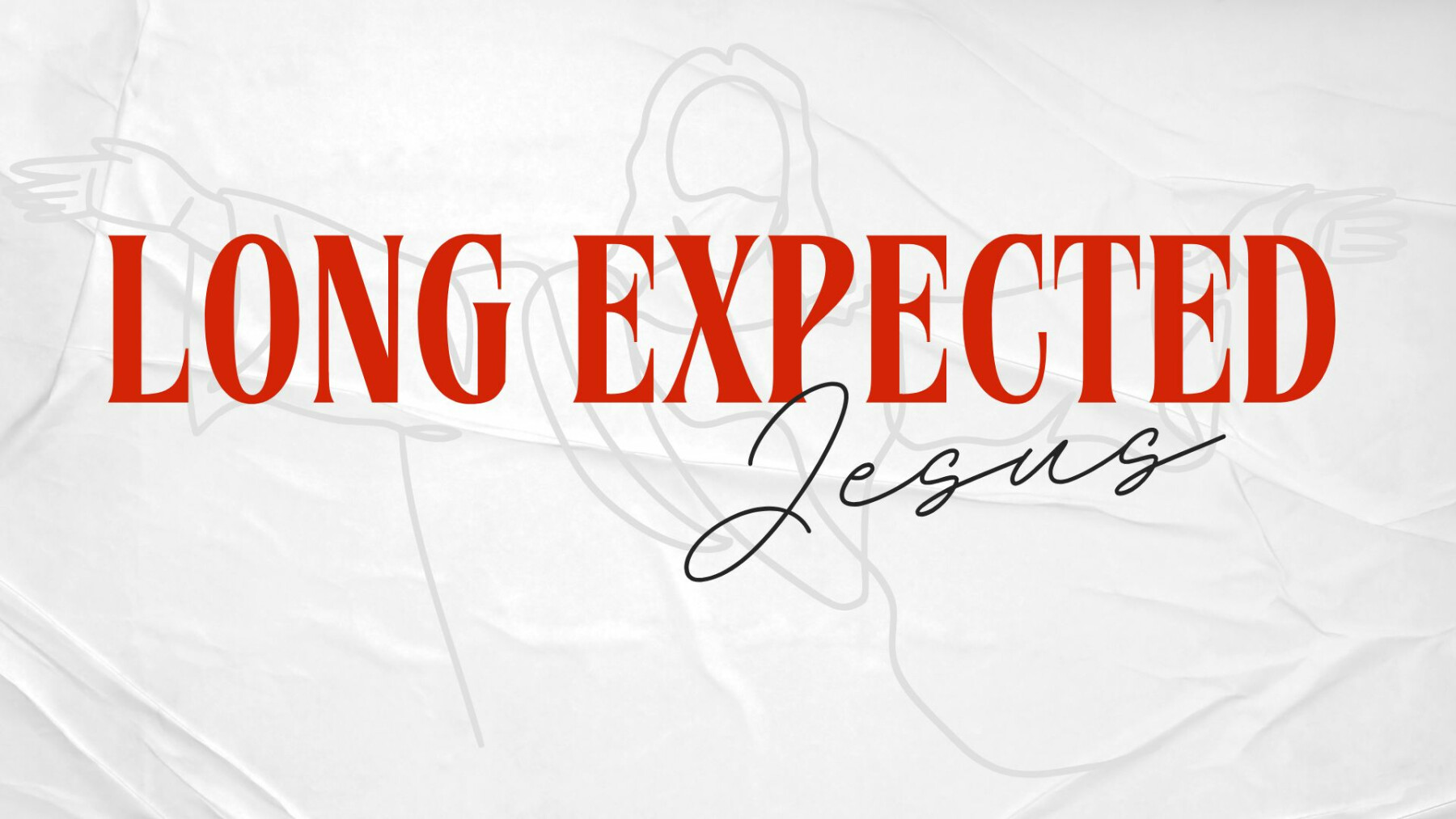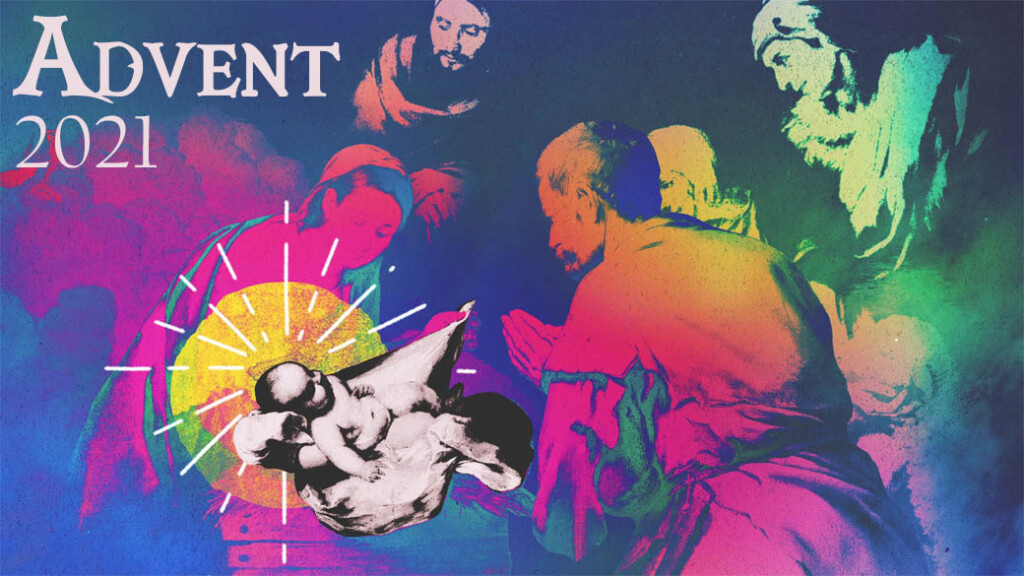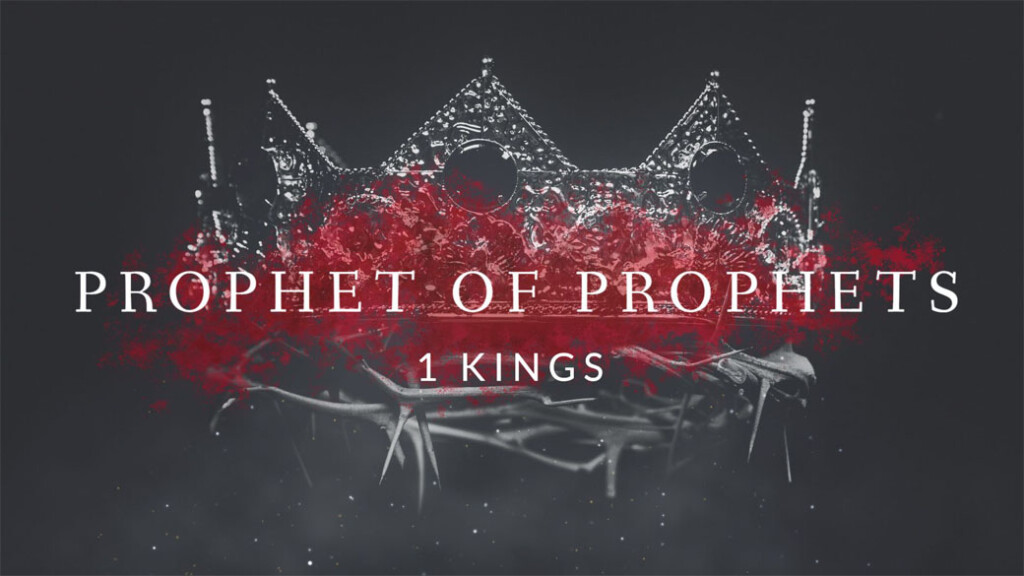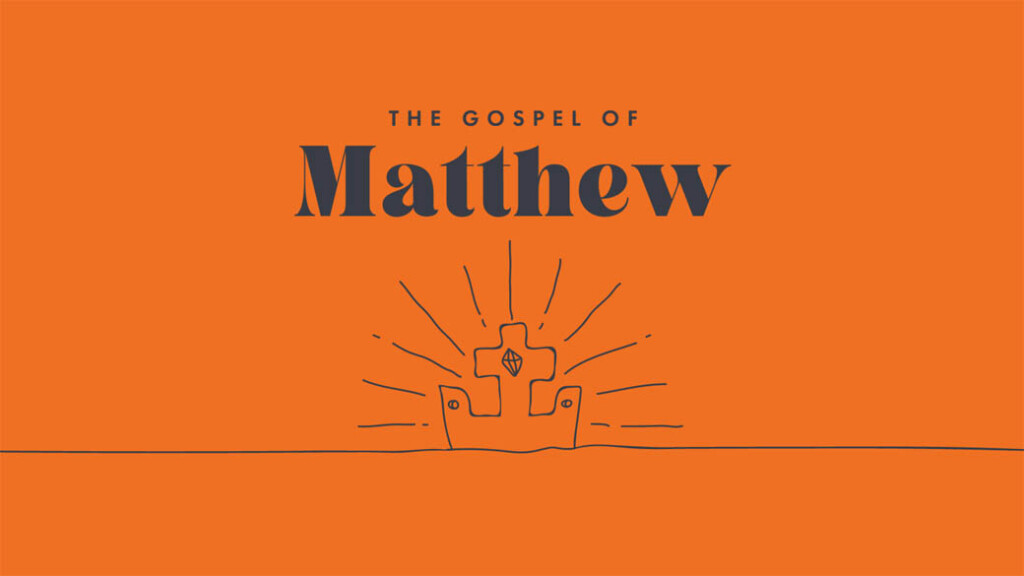Preaching Our Passions
Hear from various staff members about their passions from the Word of God.
Never be lacking in zeal, but keep your spiritual fervor serving the Lord.
Romans 12:11

Written in 1744 by Charles Wesley, Come Thou Long Expected Jesus was penned during a time of great social inequity and yet a spiritual hunger that resulted in a great revival through him and his brother John. The hymn was written from Haggai 2:7, “I will shake all nations, and what is desired by all nations will come, and I will fill this house with glory,’ says the Lord Almighty.” Our Christmas series “Long Expected Jesus,” looks at Jesus from the lens of our Prophet, Priest, Shepherd, King, and Savior. It captures both the longing and the joy of Christmas!
Hear from various staff members about their passions from the Word of God.
Never be lacking in zeal, but keep your spiritual fervor serving the Lord.
Romans 12:11

The last words of the Apostle Paul included this admonition to the church via Timothy: Preach the Word. This series is a collection of sermons that do just that. As pastor Paul transitions to a new phase of ministry in retirement, these sermons represent the foundational truths he has tried to emphasize over the first 30 years of Countryside's ministry.

The book of James is unlike most others in the Bible. It has been loved by many for its straight talk about faith, and it has been questioned and even marginalized by some for its apparent lack of grace and emphasis on the work of Jesus. Written by the brother of Jesus who himself was a key leader in the early church, this book "gets up in our business" and challenges us to practically live out what we believe in the real world that tests that faith at every turn. It's a book we all need to return to time and again as we strive to become better followers of Jesus.

Why does God permit the righteous to suffer and the wicked to flourish? The small but important book of Habakkuk answers this question. Does God know about the injustice of our world? Does He care? How are we to respond when injustice abounds in our world? How are we to respond when our prayers seemingly go unanswered? This series is full of good news that addresses these questions.

Advent is the period of four Sundays and weeks before Christmas. Advent means 'Coming' in Latin. This is the coming of Jesus into the world. We celebrate the four Sundays and weeks of Advent to prepare and remember the real meaning of Christmas.

Between Series

The books of Kings continues the story of kingship begun in Samuel, and their primary purpose is to record the 'covenant failure' of the Hebrew united and divided monarchies.

In our continued study of Gospel of Matthew, we see how God’s promises in the Hebrew Scriptures to bring salvation to his people Israel and to the whole world are being fulfilled with the coming of Jesus the Messiah. Our response to this joyful news should be to go into all the world and make disciples of Jesus the Messiah.

A while back, a small group of pastors began to dream of a different kind of tomorrow. They dreamed of a different approach to the Christmas season for their churches and communities. As a result, a radically different approach to Christmas was born. As it is described on their website, “Advent Conspiracy is a global movement of people and churches resisting the cultural Christmas narrative of consumption by choosing a revolutionary Christmas through Worshipping Fully, Spending Less, Giving More, and Loving All.”